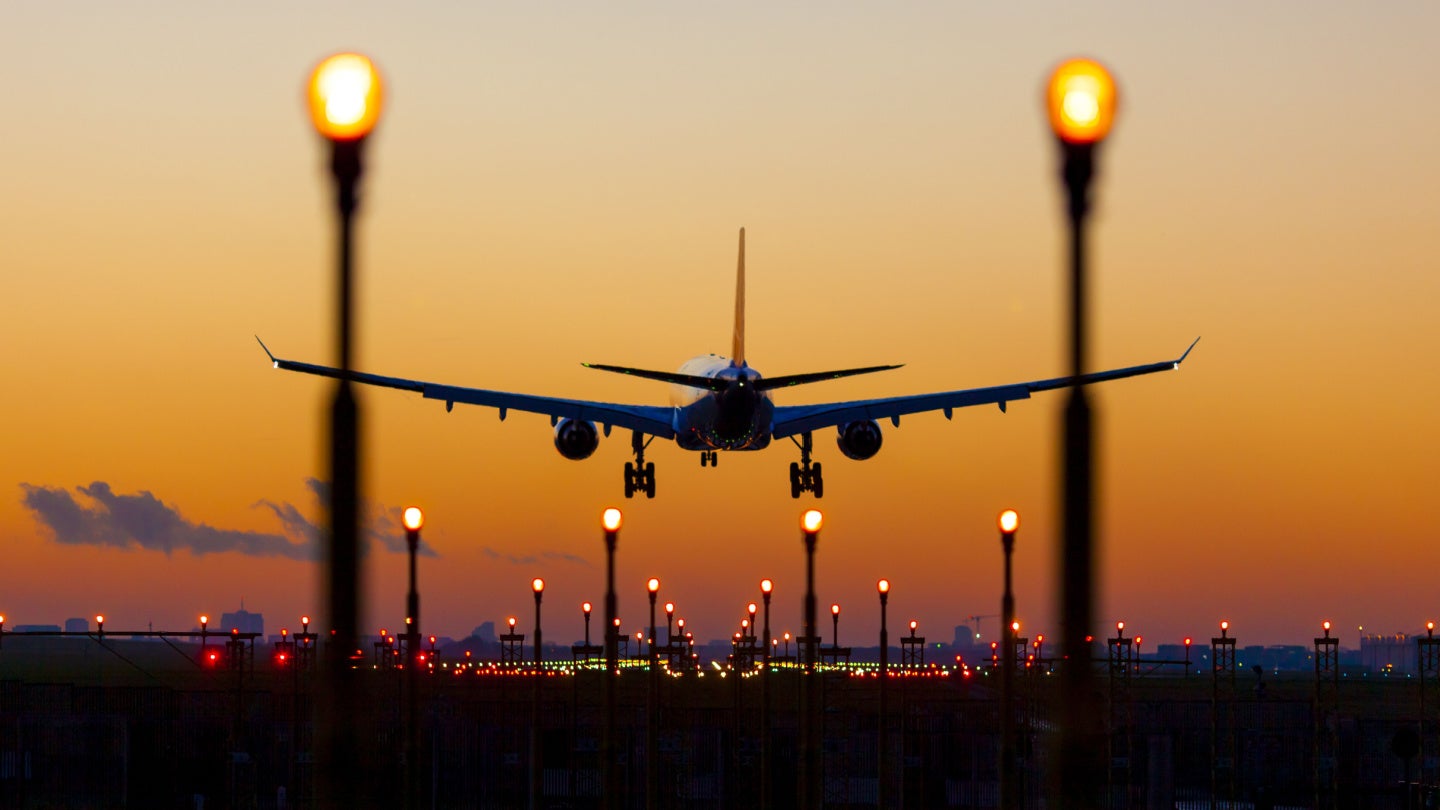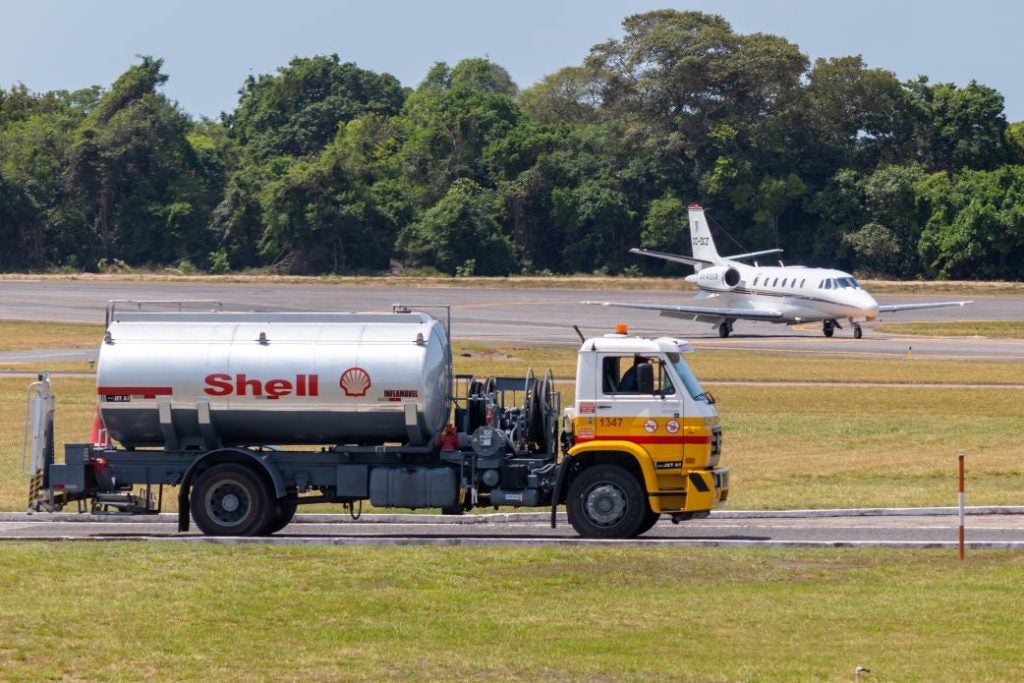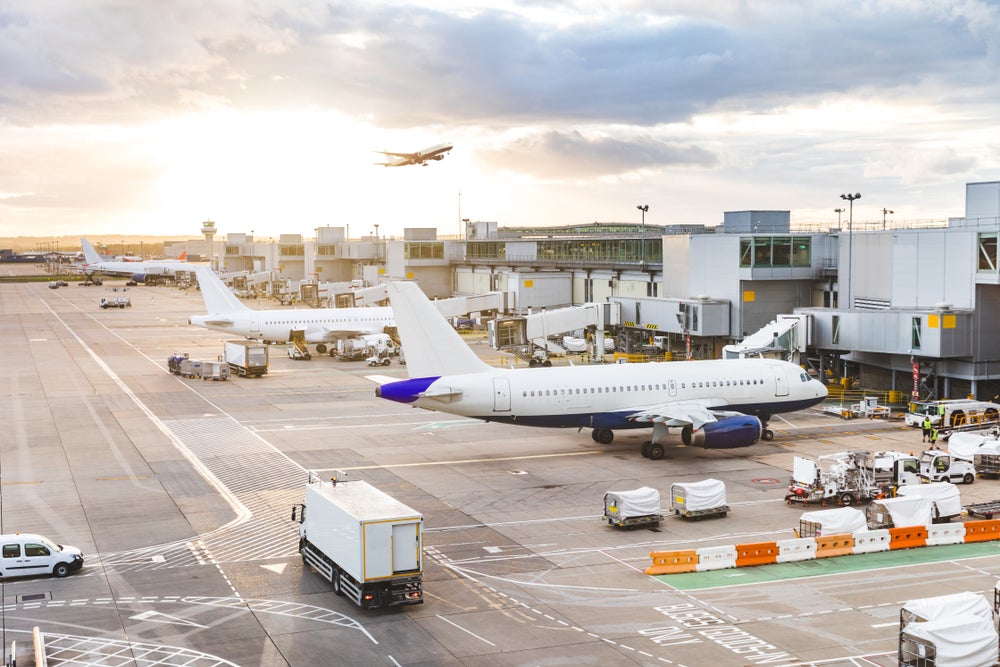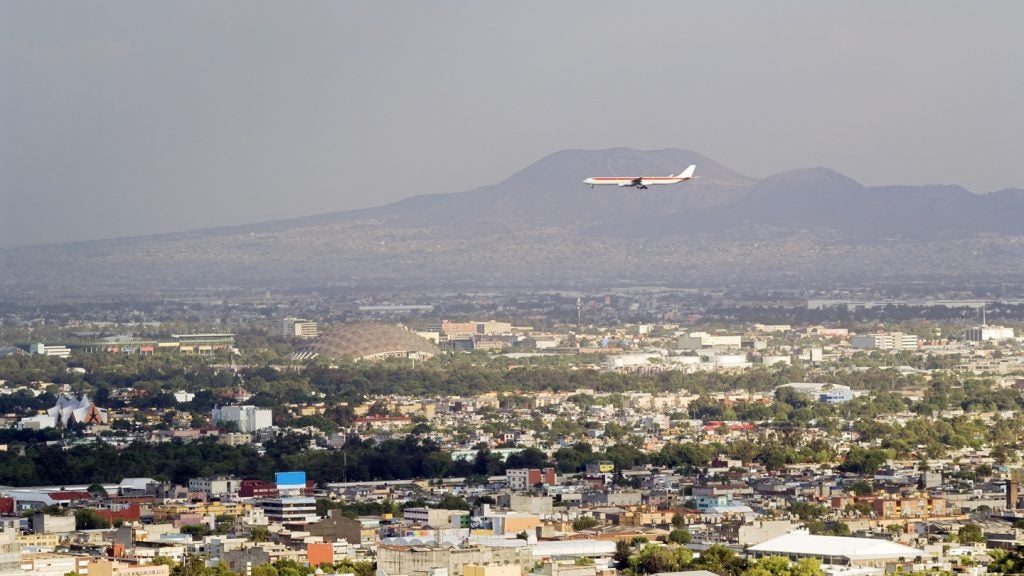
The International Air Transport Association (IATA) has joined a growing number of groups calling for a reversal of a ban on night flights at Brussels Zaventem Airport (BRU) proposed by Belgium’s Minister of Mobility.
Minister Georges Gilkinet proposed the ban, which would rule out flights between 11pm and 6am, as a way of reducing noise and environmental pollution for residents near the airport, saying: “Everyone has the right to rest and quiet nights.
“It is this quality of life that I am determined to defend, while guaranteeing an economically sustainable operation of the airport, like the choices made by other European airports concerned with sustainability and better coexistence with local populations.”
However, organisations including IATA said the restrictions are unnecessary and risk hurting the Belgian economy by limiting the activities of key sectors such as pharmaceutical exports, which rely on timely shipping.
IATA highlighted the airport’s existing obligations under the EU’s Balanced Approach to noise, which states that flight restrictions should only come into play as a last resort after a detailed consultation and cost-benefit analysis.
IATA’s regional vice-president for Europe Rafael Schvartzman said that whilst concerns must be heard, he thought that Gilkinet had attempted to go around the Balanced Approach with the proposal: “The Balanced Approach specifically helps to mitigate noise while protecting the benefits of air connectivity for the economy and community both near the airport and across Belgium as a whole, not least in terms of thousands of jobs.
“It is vital that the government scrap this proposal and instead engage in a meaningful consultation with stakeholders.”
But not all parties agreed with the assessment that a ban on night flights would affect the economy, with local environmental group Bond Beter Leefmilieu, which has been campaigning for the ban alongside residents groups, saying that only DHL would be affected by its deliveries being shifted to “a later moment in the day”.
Jasper Wouters of the Flemish group said: “In return, the hundreds of thousands of local residents will get their night’s sleep back, which translates into better performance at school and in the workplace, and an overall saving of €1bn in health costs.”
Gilkinet also pointed to other European airports, such as Europe’s freight leader Frankfurt, which do not operate at night to “prove” the viability of the restrictions, which come after a series of consultations between September 2021 and June 2023 which did not lead to a conclusive decision.
The airport has itself countered that it has already been investing in making its operations more sustainable and quiet, adding that the “far-reaching proposal” could have “unprecedented negative consequences”.
A statement from Brussels Airport said: “The airport, the aviation industry and local residents do not benefit from launching such drastic and unsupported proposals. They only give rise to uncertainty, anxiety and polarisation.”
The business says it has been advocating for a global solution and coherent legal framework to provide stability and legal certainty for the sustainable development of the airport.






